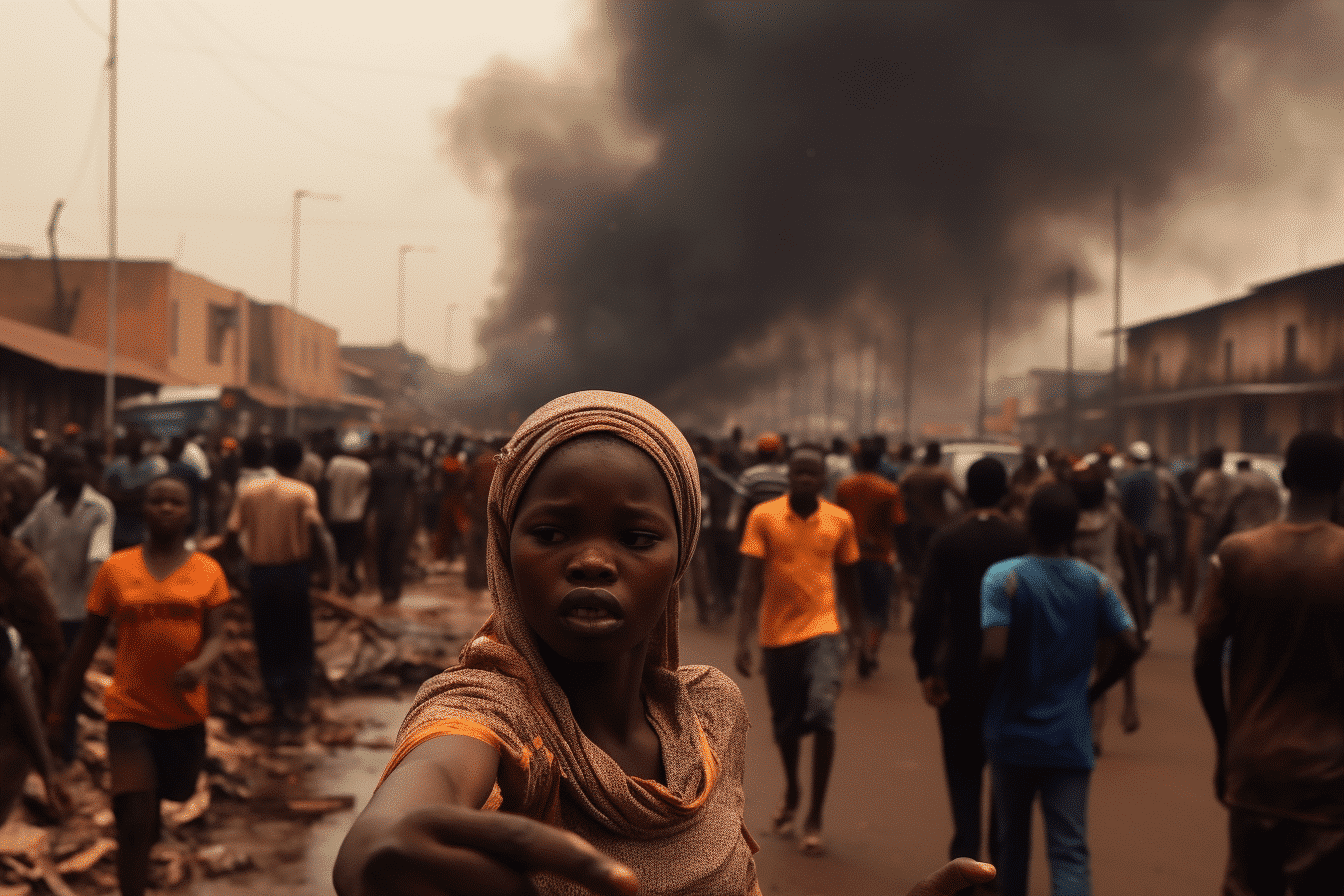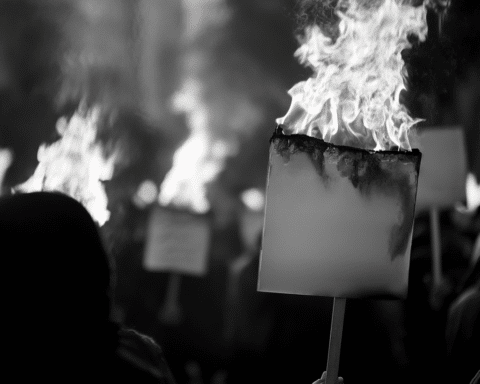In response to the deepening crisis in Niger, France is organizing an evacuation plan for French and other European nationals, which is set to commence soon. The French Foreign Ministry announced violent attacks on the French Embassy in Niamey, Niger’s capital, and the closure of Niger’s airspace that hindered their citizens’ self-evacuation.
The crisis was triggered by last week’s coup against Niger’s democratically elected president, Mohamed Bazoum. Consequently, French and other European nationals in the capital began packing their belongings, hoping for information on when the evacuation would occur.
The coup has led to the West African regional body ECOWAS implementing travel and economic sanctions against Niger and threatening to use force if Bazoum is not reinstated within a week. The governments of Mali and Burkina Faso, both currently under military rule, have voiced their support for Niger’s coup leaders and warned against military intervention.
Meanwhile, ECOWAS has suspended all commercial and financial transactions with Niger and frozen its assets in regional central banks. Given Niger’s heavy dependence on foreign aid, the sanctions could significantly impact the nation’s 25 million inhabitants.
Mali and Burkina Faso have experienced two coups each since 2020, led by soldiers claiming they could better handle escalating jihadi violence. Despite being sanctioned and suspended from ECOWAS, the bloc has never threatened them with force. Guinea, another nation under military rule since 2021, has supported Niger’s junta and urged ECOWAS to reconsider its stance.
In response to the crisis, thousands of pro-junta supporters in Niamey took to the streets protesting against France, expressing their support for Russia, and urging international forces to keep their distance. If ECOWAS does resort to using power, this could incite violence between pro- and anti-coup civilians, analysts predict.
France’s embassy in Niamey announced the evacuation via email, advising nationals to pack lightly and bring essentials. The email also specified that spouses and children of French citizens were eligible for evacuation.
Western diplomats in Niamey have expressed their resolve to use military force, if necessary, which could involve troops from Nigeria, Benin, and Ivory Coast.
U.S. Secretary of State Antony Blinken expressed his support for ECOWAS’s determination to maintain constitutional order in Niger. He joined the bloc in demanding the immediate release of Bazoum and his family.
Bazoum’s location is believed to be his house in Niamey. His first images since the coup show him sitting next to Chad President Mahamat Deby, who had flown in to mediate between the government and the junta.
Niger, a former French colony, has recently received military and humanitarian aid from the U.S. and France. These two countries considered Niger the last working partner against extremism in the Francophone region, where anti-French sentiment has paved the way for Russian private military groups like Wagner.
Lastly, Prime Minister Ouhoumoudou Mahamadou warned that the sanctions could be disastrous for Niger, urging the country to find a solution to avoid them. In an interview with French media outlet Radio France Internationale, he emphasized Niger’s heavy reliance on the international community.
The unfolding situation in Niger underscores the complex power dynamics in West Africa, where democratic institutions are increasingly under threat. The international community, particularly France and ECOWAS, faces the daunting challenge of navigating a delicate political crisis. The potential impacts on Niger’s populace are severe, particularly given the nation’s heavy reliance on foreign aid. All eyes are now on Niger as the country grapples with the fallout from the coup, the looming sanctions, and the potential for civil unrest. The situation demands careful diplomacy, sustainable solutions, and a commitment to the well-being and safety of the Nigerien people.




